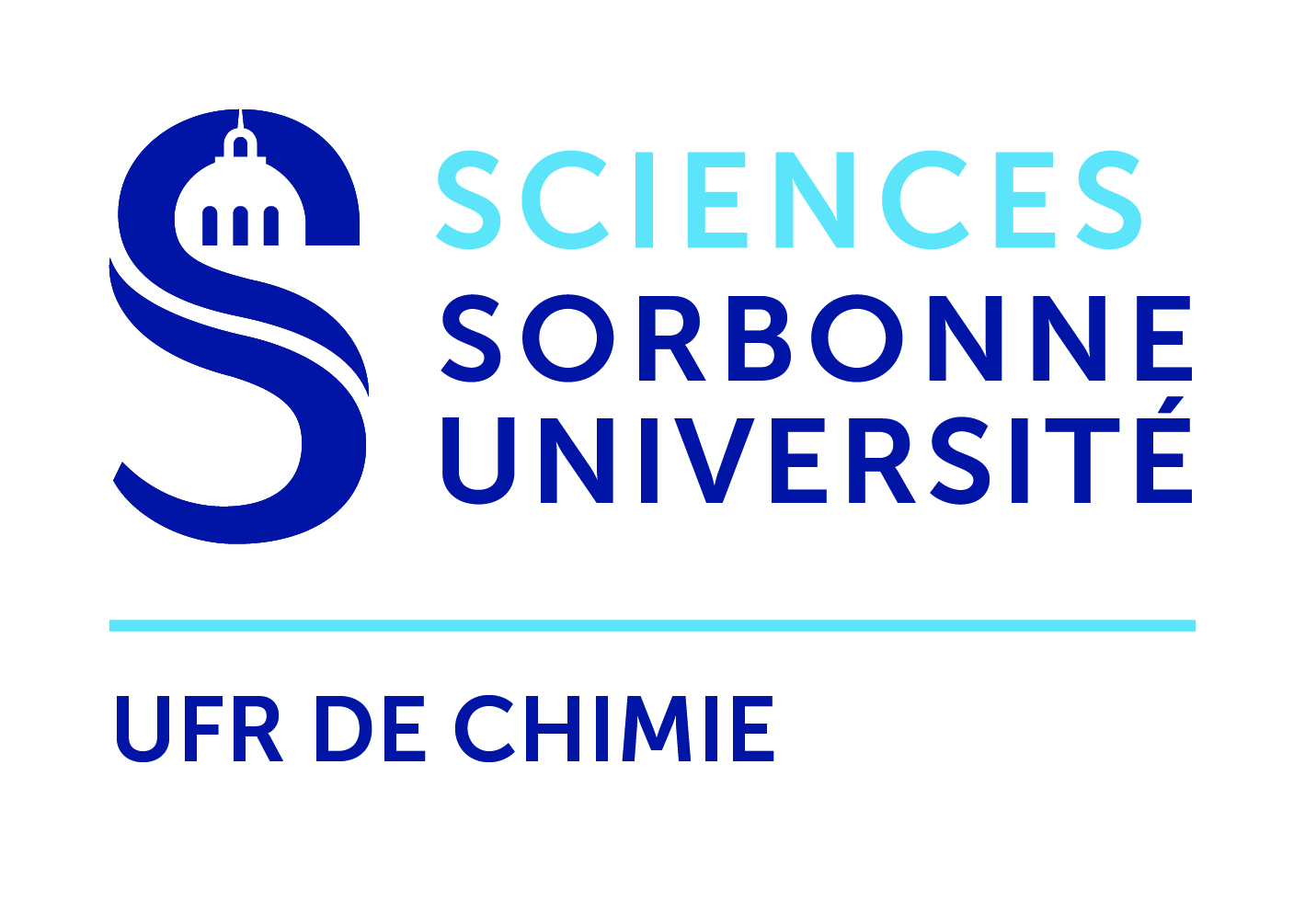Ground-based monitoring of atmospheric species on Titan and a search for new nitriles with IRTF/TEXES
Résumé
Titan’s organic chemistry has been partly revealed from Cassini-Huygens and recent ground-based observations so far, but the full degree of its complexity is not yet fully understood (e.g. Coustenis, 2021; Nixon, 2024). Several hydrocarbons and nitriles have already been detected in the atmosphere and their seasonal variations studied in particular by the CIRS instrument aboard Cassini. Other minor species have been detected from the ground mainly in the millimeter range or space-borne observatories like ISO (Coustenis et al., 1998). These results have been included in photochemically models (Lavvas et al. 2008, and this work) that have also predicted the presence of other minor species, among which some have infrared transitions in the 5-25-mm spectral range, where propane (C3H8) and allene (CH2CCH2) have already been detected. We have started an observing campaign using the TEXES thermal infrared imaging spectrometer at the Infrared Telescope Facility (Mauna Kea Observatory) to monitor the infrared signatures of hydrogen cyanide (HCN) and cyanoacetylene (HC3N), along with acetylene (C2H2 and C2HD). In addition, we have been searching for cyanopropyne (C4H3N) and isobutyronitrile (C4H7N) in the 20-micron region. High-resolution spectra of Titan have been obtained in September 2022 in the following spectral ranges: (1) 498-500 cm-1 (C2HD, HC3N, search for C4H3N); (2) 537-540 cm-1 (C2HD, search for C4H7N); (3) 744-749 cm-1 (C2H2, HCN); (4) 1244-1250 cm-1 (CH4). Data are presently under reduction and preliminary results presented (Coustenis et al., 2023). In 2023, laboratory spectra of cyanopropyne and isobutyronitrile have been recorded in the 495-505 cm-1 and 510-570 cm-1 spectral ranges, respectively, with a spectral resolution of 0.01 cm-1 and 0.056 cm-1 by our team (Jacquemart et al., in preparation). Cross sections have been derived for these two molecules and upper limits will be derived for these two molecules in the atmosphere of Titan. TEXES data will also be used for a study of the variations of HCN and HC3N since the end of the Cassini mission, and for a retrieval of D/H from C2HD/C2H2. We now plan to use the TEXES instrument in conjunction with other larger telescopes in order to optimize the search range and to acquire detection or upper limits for some of these new molecules. We are also exploring Cassini/CIRS data to check for possible new detections or for establishing an upper limit to some of the nitriles. ReferencesCoustenis, A., 2021. “The Atmosphere of Titan”. In Read, P. (Ed.), Oxford Research Encyclopedia of Planetary Science. Oxford University Press. doi:https://doi.org/10.1093/acrefore/9780190647926.013.120 Nixon, C. A., 2024. The Composition and Chemistry of Titan’s Atmosphere. ACS Earth and Space Chemistry 2024 8 (3), 406-456. DOI: 10.1021/acsearthspacechem.2c00041 Coustenis, A., Salama, A., Lellouch, E., Encrenaz, Th., Bjoraker, G., Samuelson, R. E., de Graauw, Th., Feuchtgruber, H., Kessler, M. F., 1998. Evidence for water vapor in Titan’s atmosphere from ISO/SWS data. Astron. Astrophys. 336, L85-L89. Lavvas, P., Coustenis, A., Vardavas, I. M., 2008. Coupling photochemistry with haze formation in Titan's atmosphere. Part I: Model description. Plan. Space Sci. 56, 27-66. Coustenis, A., Nixon, C. A., Encrenaz, Th., Lavvas, P., 2023. Titan’s chemical composition from Cassini and ground-based measurements. IUGG 2023, Berlin, Germany, 11-20 July.
Domaines
Planète et Univers [physics]| Origine | Fichiers éditeurs autorisés sur une archive ouverte |
|---|---|
| licence |


